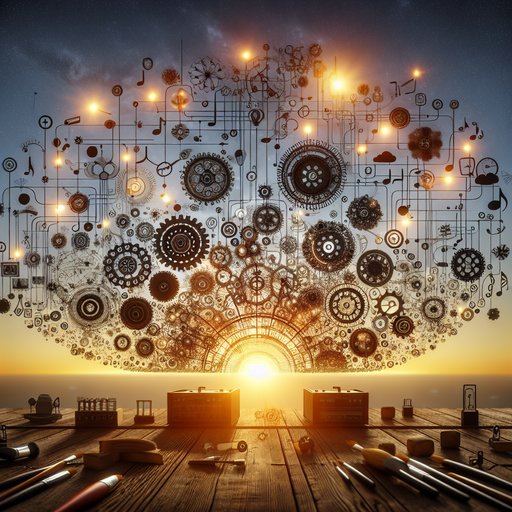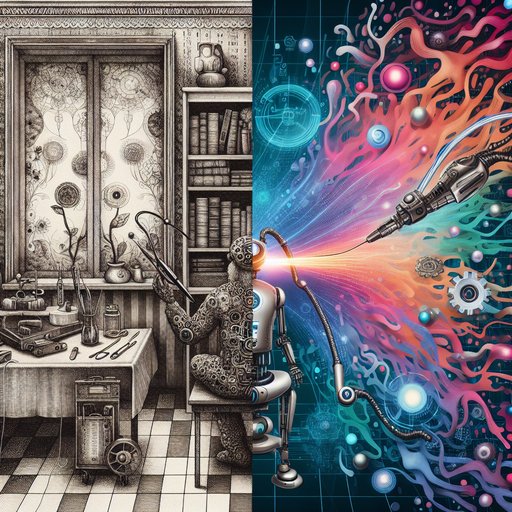
In the vast realm of artificial intelligence, not all innovations are analytical. AI is now spurring a paradigm shift in the creative field, churning out music, art, and literature that challenge the traditional notions of human-led creativity. This upheaval provokes profound deliberation about authorship, authenticity and the fundamental nature of what we perceive as creativity.
 As artificial intelligence continues to surge forward, the ethical implications and policy considerations of its boundless potential summon a labyrinth of complexities. From privacy to economic transformation, the clarion call for a robust and globally harmonized regulatory framework resonates at the fore. Drawing on historical milestones and anticipating future challenges, we endeavor to unravel this Gordian knot of technology, morality, and law.
As artificial intelligence continues to surge forward, the ethical implications and policy considerations of its boundless potential summon a labyrinth of complexities. From privacy to economic transformation, the clarion call for a robust and globally harmonized regulatory framework resonates at the fore. Drawing on historical milestones and anticipating future challenges, we endeavor to unravel this Gordian knot of technology, morality, and law.
 An unseen revolution lurks within the invisible folds of computational algorithms, reshaping what we perceive as creativity and innovation. Generative models—a frontier in the field of artificial intelligence—are becoming the silent partners within the crucible of creation, liberating us from cognitive confines.
An unseen revolution lurks within the invisible folds of computational algorithms, reshaping what we perceive as creativity and innovation. Generative models—a frontier in the field of artificial intelligence—are becoming the silent partners within the crucible of creation, liberating us from cognitive confines.
 Today, we stand at the precipice of a technological revolution where artificial intelligence (AI) and robotics are poised to upend the practice of medicine. As we hurtle into this brave new world, it’s worth recalling the journey that led us previously, exploring how these cutting-edge technologies evolved and envisaging how they might transform healthcare over the coming decades.
Today, we stand at the precipice of a technological revolution where artificial intelligence (AI) and robotics are poised to upend the practice of medicine. As we hurtle into this brave new world, it’s worth recalling the journey that led us previously, exploring how these cutting-edge technologies evolved and envisaging how they might transform healthcare over the coming decades.

































































